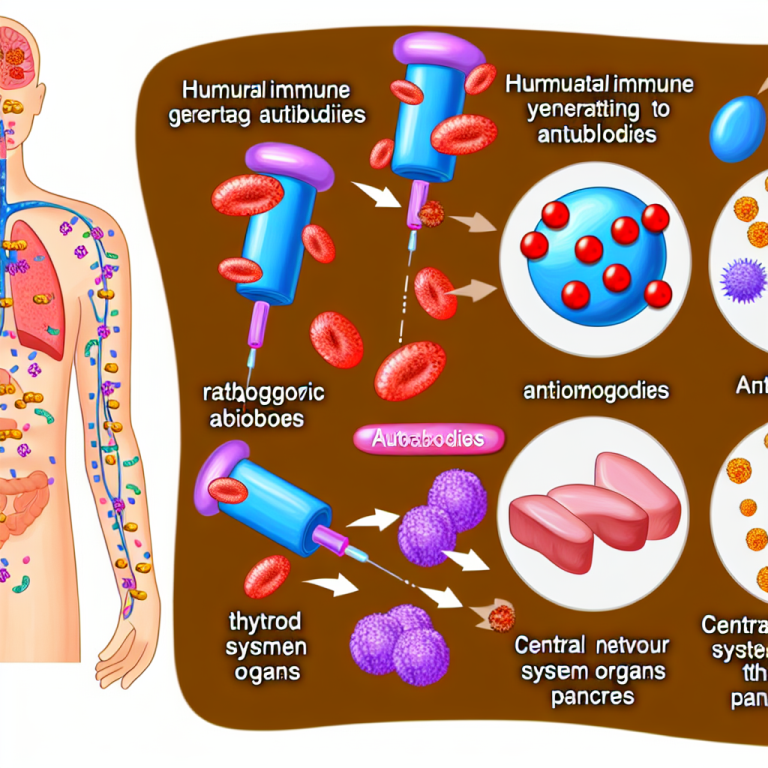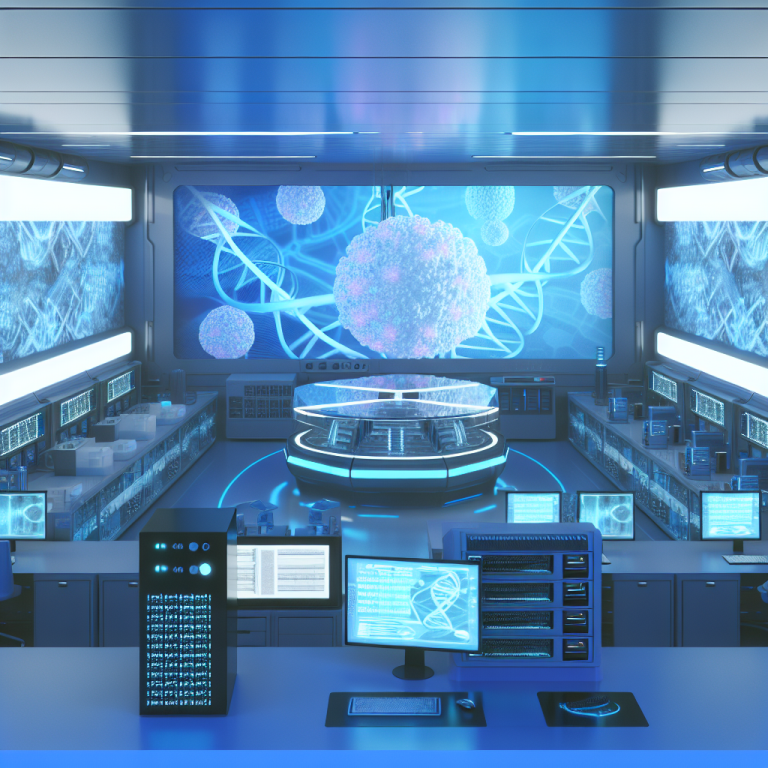In recent years, scientists have been uncovering groundbreaking insights into human biology and its influence on health outcomes. While genetic factors have long been the focus of research in understanding individual variation, a new concept is emerging that could revolutionize our understanding of disease – autoantibodies.
Autoantibodies, which are generated by the humoral immune system, are antibodies that bind to self-antigens. While their primary function is to provide adaptive immunity against pathogens, autoantibodies can sometimes go awry and target the body’s own tissues and organs. This can have a wide range of effects, from altering the activity of their targets to triggering inflammatory responses.
Traditionally, autoantibodies have been associated with autoimmune diseases, such as rheumatoid arthritis or lupus, where they can drive pathological inflammation in various organs. However, recent research suggests that autoantibodies play a much broader role in human health and disease.
Scientists have discovered that every person carries a unique array of autoantibodies, collectively known as the autoantibody reactome. Just as genetic differences contribute to phenotypic variation, these autoantibodies are thought to influence traits and disease susceptibility in individuals.
Investigating the autoantibody reactome may hold the key to unlocking new treatment paradigms, similar to the study of genetics. By understanding the specific roles of these autoantibodies, researchers can develop targeted therapies to modulate their effects and improve health outcomes.
Notable examples of autoantibodies and their effects highlight the potential impact of this novel research. Myasthenia gravis, a neuromuscular disease, is caused by autoantibodies that inhibit the acetylcholine receptor, leading to muscle weakness and fatigue. Grave’s disease, a thyroid disorder, is driven by autoantibodies that activate the thyrotropin receptor, causing hyperthyroidism.
With this new knowledge, scientists are now exploring the potential of autoantibodies to not only cause disease but also to provide protection. By understanding the roles of specific autoantibodies, researchers can develop therapies that harness their protective effects and prevent or treat various conditions.
While the study of genetics has revolutionized medicine and paved the way for personalized treatments, the investigation of autoantibodies could be the next frontier in healthcare. By decoding the autoantibody reactome, scientists are uncovering a new layer of complexity in human biology and disease. This research has the potential to transform our understanding of health and open up new avenues for treatment and prevention.




